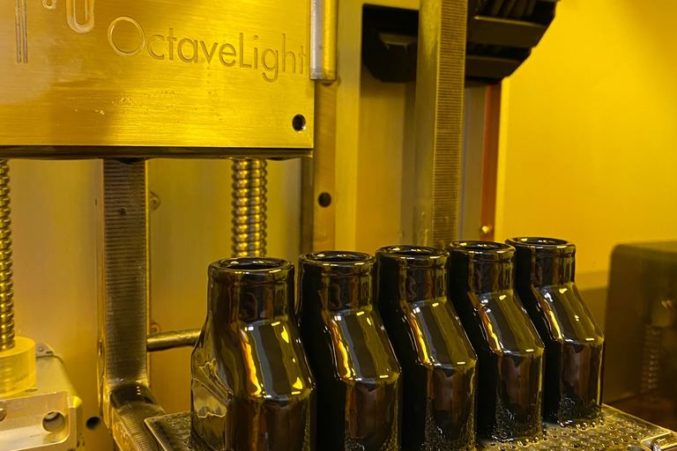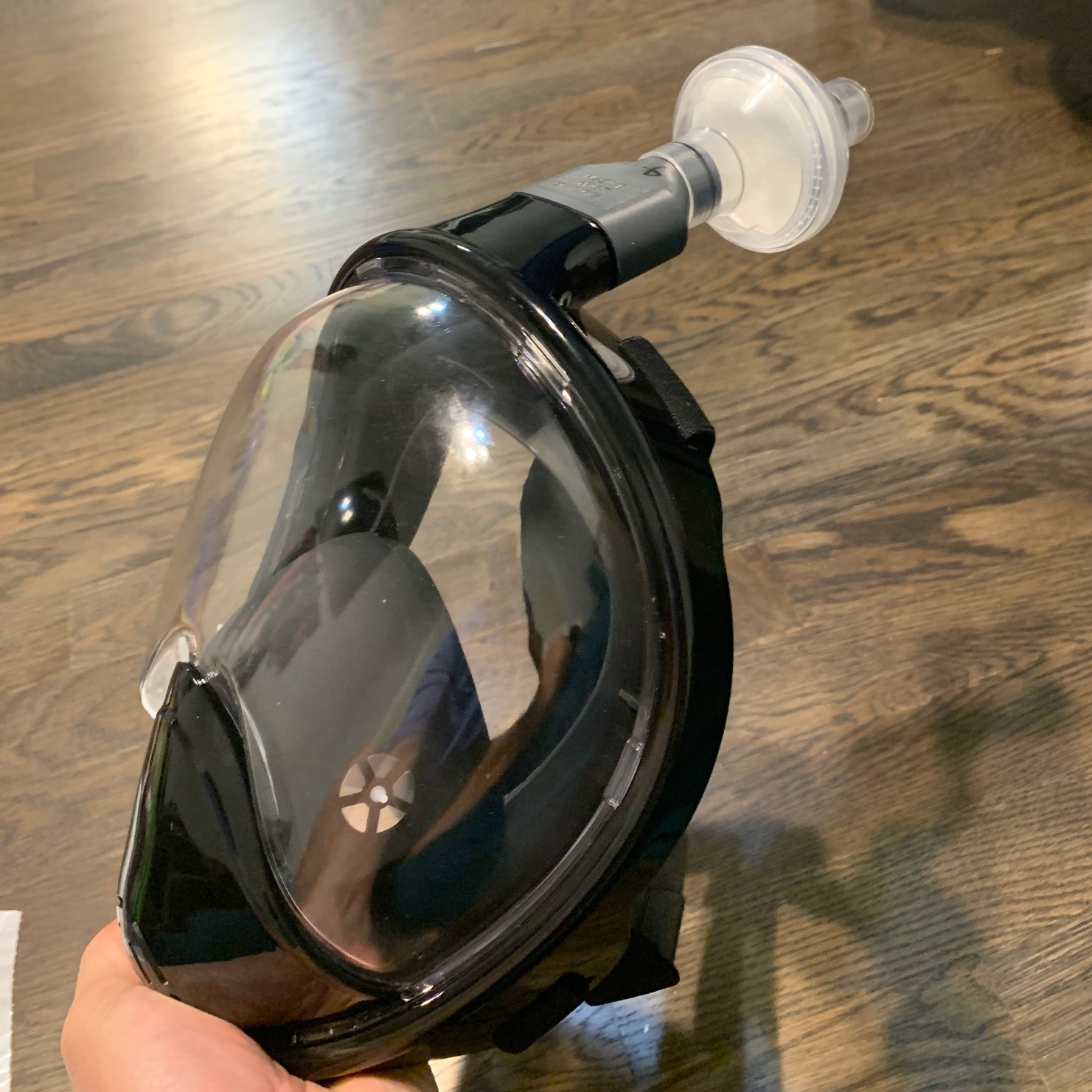A medical and manufacturing partnership is modifying full face snorkeling masks to be personal protective equipment, ready to use in case hospitals run out. While healthcare facility administration around the country are projecting preparedness and ample supply of protective equipment, providers are telling a different story. In DFW, innovative minds came together to solve the problem.
Dr. Peter Baek, a DFW anesthesiologist with U.S. Anesthesia Partners, approached James Griffin, CEO of Invene, a healthcare product development company, about using snorkeling masks to make a replacement for the N95 masks that are in short supply around the country.
Baek says that physicians used to be disciplined if they failed to change a mask after every procedure or interaction, but these days they are only able to use one for the entire day, if not multiple days. If things become more dire, he wanted to have an option to safely be able to do his job.
Baek knew Griffin had connections in the production and innovation world, and together they designed a 3D-printed four dollar part that would attach to an Amazon-purchased snorkel masks to create a seal and allow the provider to breath without being at risk of catching a virus.
Dubbed the Texas Valve, Griffin and Baek modified previous snorkel to ventilator designs to create a part to attach to the snorkel that will filter particles and allow the provider to breathe. Griffin assigned one of his employees to manage the production, and they teamed up with volunteers from UT Dallas and McKinney manufacturing company Emerson Automation Solutions to create as many masks as possible.

“Emerson gave us feedback on our design, helped us cut the cost of the component in half, and allowed us to 3D print the parts at cost. They have been a large factor in our success,” Griffin says.
Between two printers, the group has been able to produce 40-50 masks a day, Baek says, and word of mouth has traveled quickly. The mask passed the hospitals fit test to prevent particles from breaking the seal, and could come in handy if hospitals begin letting providers bring their own masks. They have received hundreds of requests without publicizing the masks. Researchers at Stanford are working on a similar project, and in Italy, snorkel masks were fashioned into ventilators.
For Baek and Griffin, this is about giving back to the medical community and keeping people safe. “No one is making money from this venture as we’re releasing the design for free next week,” Griffin wrote in his quarterly newsletter.
Baek doesn’t know how others are using the masks, but for now he is keeping his on the shelf unless the hospitals actually run out of equipment and are asking providers to bring in their own masks.
“If everything else runs out, at least I have something I can trust and use,” Baek says. “I am not advocating for people to use this as a first line if approved devices are available.” Let’s hope he doesn’t have to use it.
If you would like to contribute to the production of these masks, check out their GoFundMe here.





